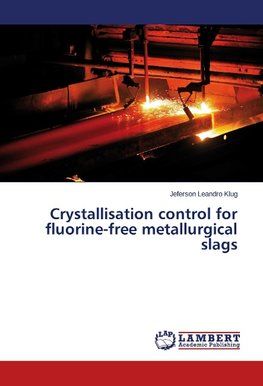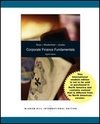
-
 Anglický jazyk
Anglický jazyk
Crystallisation control for fluorine-free metallurgical slags
Autor: Jeferson Leandro Klug
The continuous casting process is applied to the majority of steel grades by most steel manufacturers. Good understanding and control of phenomena in the mould during production of steel are essential to the success of the process. The slags used in the... Viac o knihe
Na objednávku
36.99 €
bežná cena: 41.10 €
O knihe
The continuous casting process is applied to the majority of steel grades by most steel manufacturers. Good understanding and control of phenomena in the mould during production of steel are essential to the success of the process. The slags used in the mould are very important when considering casting results, e.g., the quality of the steel slabs and "sticking severity". The mould slags ultimately have an influence on the capacity of the caster, i.e., how fast it is possible to cast with a good quality and without breakouts caused by sticking. During continuous casting process, the presence of crystals in mould slags has a decisive effect on both the lubrication and the heat transfer rate between the mould and the steel strand. Once the mould powder is melted on the top of the liquid steel and the mould slag infiltrates between the mould and the strand surface, the liquid slag is exposed to different cooling paths that can promote or prevent crystallisation. In fact it is common to see glassy parts of the slag in areas of high cooling rates with crystalline fractions at lower cooling rates. In the present work crystallisation behaviour for fluorine-free slags is discussed.
- Vydavateľstvo: LAP LAMBERT Academic Publishing
- Rok vydania: 2014
- Formát: Paperback
- Rozmer: 220 x 150 mm
- Jazyk: Anglický jazyk
- ISBN: 9783659622724












